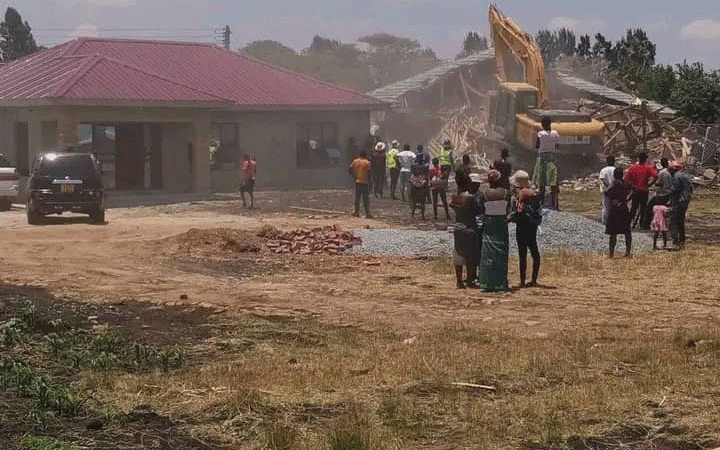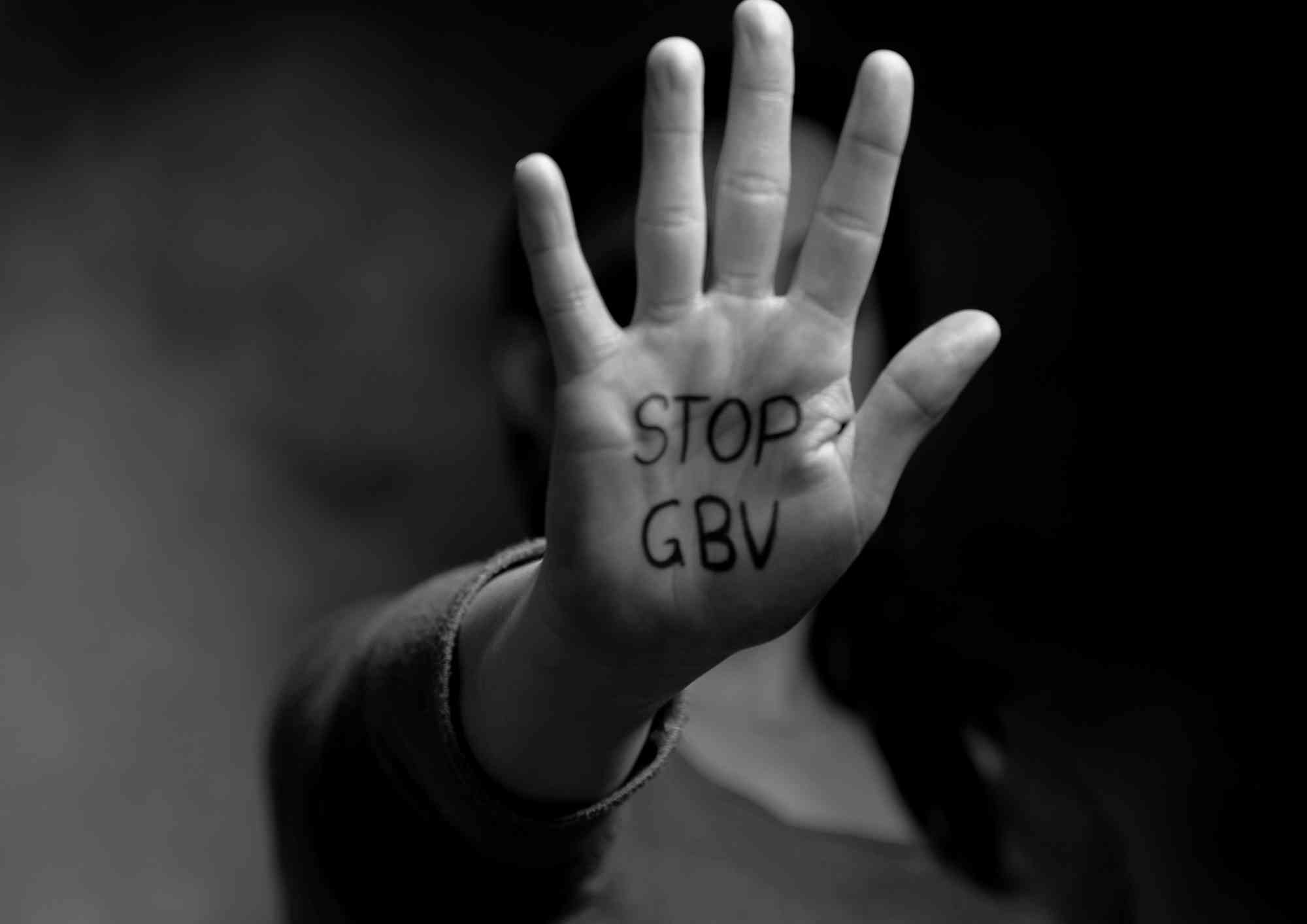
ZIMBABWE has been ranked among countries with both high natural disaster risk and lower resilience, according to the Institute for Economics and Peace (EP)’s latest ecological threat report.
The report analysed ecological threats in 221 independent States and territories.
It assessed threats related to food insecurity, water risk, natural disasters, and demographic pressure.
“IEP’s hotspot analysis compares the countries and areas facing at least one severe threat with the Positive Peace Index (PPI). A hotspot country is defined as one that is ranked in the bottom 30 countries on the PPI and also facing at least one severe ecological threat,” the report read.
Zimbabwe is among the 30 countries listed as “hotspots.”
The other countries at high risk are the Democratic Republic of Congo, Somalia, South Sudan, Afghanistan and Nigeria to mention just a few.
Zimbabwe’s water risk was classified as severe. This comes at a time when the country is battling to contain a cholera outbreak, which the government has attributed to lack of clean water sources.
“Water stress impedes economic development and food production, which further compromises the health and well-being of the population. It can also lead to social tension, conflict and displacement. In the ETR, water risk is measured by looking at the percentage of the population of the subnational areas that have access to clean drinking water.”
- COP26 a washout? Don’t lose hope – here’s why
- Out & about: Bright sheds light on Vic Falls Carnival
- COP26 a washout? Don’t lose hope – here’s why
- Out & about: Bright sheds light on Vic Falls Carnival
Keep Reading
“Food shortages and water scarcity are interrelated, with a lack of water often leading to food shortages. To be food secure, people must have access to sufficient nutritional food that meets their basic preferences, and dietary needs and enough food to achieve an active and healthy life. Within the context of the ETR, food security comprises two elements: Availability and accessibility.”
Meanwhile, Environment, Climate and Wildlife minister Mangaliso Ndlovu has also said that Zimbabwe is exposed to the vagaries of climate change.
Ndlovu made the remarks during the People’s National Climate Change Conference held in Bulawayo on Wednesday.
Ndlovu said climate change had impacted negatively on the country as seen in recurring droughts and other natural disasters.
“Our rainfall season is becoming increasingly unreliable, with the upcoming 2023-24 season projected to be dominated by the El-nino phenomenon largely associated with drier conditions, below average rainfall and in extreme cases outright drought," said Ndlovu.
"By what we are experiencing as a country we are disproportionately affected by climate change, we have had extreme weather events, destruction of property, loss of life and we want to make sure that we take everyone on board."
Ndlovu, however, said government was trying to build resilience towards climate change.
“The climate smart agriculture initiative is a major breakthrough where we are building food security at household level, making sure that even when our climate is changing we improve food security at household level and the water harvesting methods that we have been doing seek to separate our agriculture from being rain-dependent,” Ndlovu added.
In 1992, several countries endorsed the United Nations Framework Convention on Climate Change (UNFCCC), a framework for international co-operation to combat climate change.











